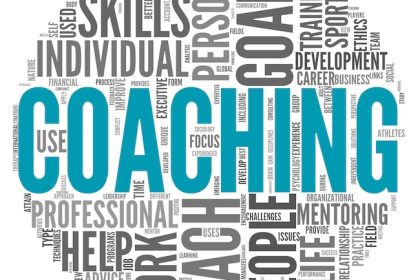
The International Coaching Federation, after rigorous research, developed and has since updated the ICF Core Competency Model for coaches. Skill with these competencies is assessed based on specific behaviors which are called the PCC Markers.
During coach training, there is a focus on understanding and applying the coaching competencies. It starts with information and discussion. Specific techniques are provided and practiced to develop skill and competency. Feedback is given on practice coaching sessions.
In addition to training, the journey to become a coach includes experience coaching, mentor coaching, being assessed on coaching competency, and passing an exam. The training and mentor coaching are offered by accredited schools and individuals. Commonly, part of the training and mentor coaching program is the assessing of coaching by an ICF-trained assessor. This is done with a recording of an actual session and a transcript of the recording. Assessors look for evidence of competence based on the behaviors defined by the PCC Markers.
Think of the PCC Markers as tools in your tool bag. It is helpful to know how to use each of the tools for when you do want to use it. Typically, when you are working on something, you take out only the tools you want at that time. Similarly, typically, when coaching you use the PCC markers that are appropriate for your client in that moment. While some coaching sessions call for all or most of the tools, other coaching sessions use fewer tools based on what will serve the client.
For the assessment, the coach is demonstrating their ability to use all the tools. The session with all or most tools being used is how the coach demonstrates their ability to use the tools (apply the competencies). This calls on the coach to learn how to use each of the tools and to demonstrate their skill with each when coaching in a session that will be assessed. The deep learning to pass the assessment is further developing the coach’s competence.





